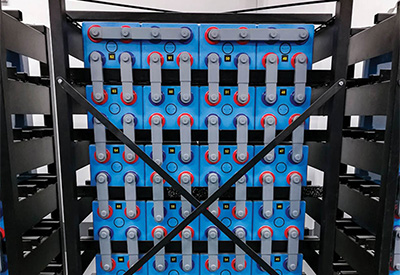UL Issues World’s First Certification for Repurposed EV Batteries to 4R Energy

Aug 19, 2019
UL announced that 4R Energy Corporation, a joint venture of Nissan Motors and Sumitomo Corporation focusing on the effective reuse of EV batteries for energy storage systems, is the first organization worldwide to be certified to UL 1974, the Standard for Evaluation for Repurposing Batteries.
Outlining how to sort and grade battery packs, modules and cells that were originally made for electric vehicles (EV) and other applications, UL 1974 helps identify a battery’s state-of-health and introduces ratings to determine the viability for their continued use. Through this process, performance-validated “second-life” batteries can be utilized for energy storage systems to provide a safe, reliable, clean energy source.
As the EV market continues to grow, there is an increased emphasis on repurposing batteries used in EVs. Concurrent with this is an escalating demand globally for efficient renewable energy resources. Innovative energy storage solutions are expected to become a key component of the electricity grid, boosting reliability and helping to integrate renewable energy sources, such as wind and solar.
Anticipating the deployment of second life automotive batteries for energy storage systems, UL initiated a standard development process to address the safety and reliability of repurposing batteries. In October 2018, UL 1974 was published as a bi-national Standard of the United States and Canada.
Jeff Smidt, vice president and general manager of UL’s Energy and Power Technologies division said, “We are pleased to issue our first UL 1974 certification to 4R Energy and help accelerate the application of recycled and repurposed batteries both as a backup energy source and storage for energy generated by clean, sustainable sources.”









![Guide to the Canadian Electrical Code, Part 1[i], 26th Edition– A Road Map: Section 56](https://electricalindustry.ca/wp-content/uploads/2022/11/Guide-CE-Code-2.png)






